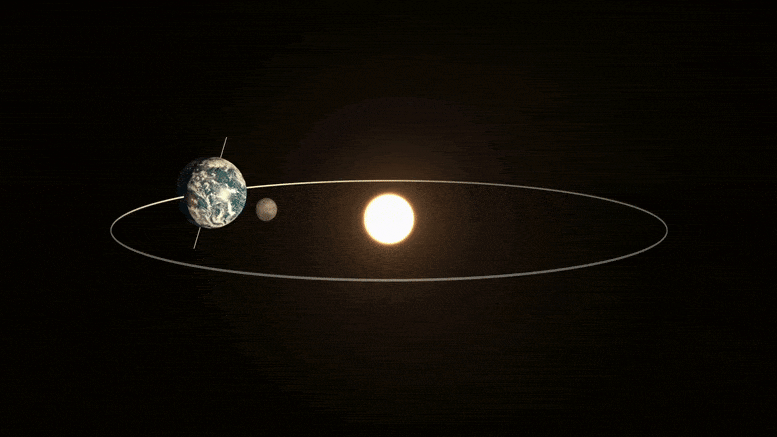Research conducted at the University of Campinas in Brazil was driven by observations of fluctuations in autoluminescence caused by seed germination in cycles regulated by gravitational tides.
The rhythms of activity in all biological organisms, both plants and animals, are closely linked to the gravitational tides created by the orbital mechanics of the Sun-Earth-Moon system. This truth has been somewhat neglected by scientific research but is foregrounded in a study by Cristiano de Mello Gallep at the University of Campinas (UNICAMP) in the state of São Paulo, Brazil, and Daniel Robert at the University of Bristol in the United Kingdom. An article on the study is published in the Journal of Experimental Botany.
“All matter on Earth, both live and inert, experiences the effects of the gravitational forces of the Sun and Moon expressed in the form of tides. The periodic oscillations exhibit two daily cycles and are modulated monthly and annually by the motions of these two celestial bodies. All organisms on the planet have evolved in this context. What we sought to show in the article is that gravitational tides are a perceptible and potent force that has always shaped the rhythmic activities of these organisms,” Gallep told Agência FAPESP.
